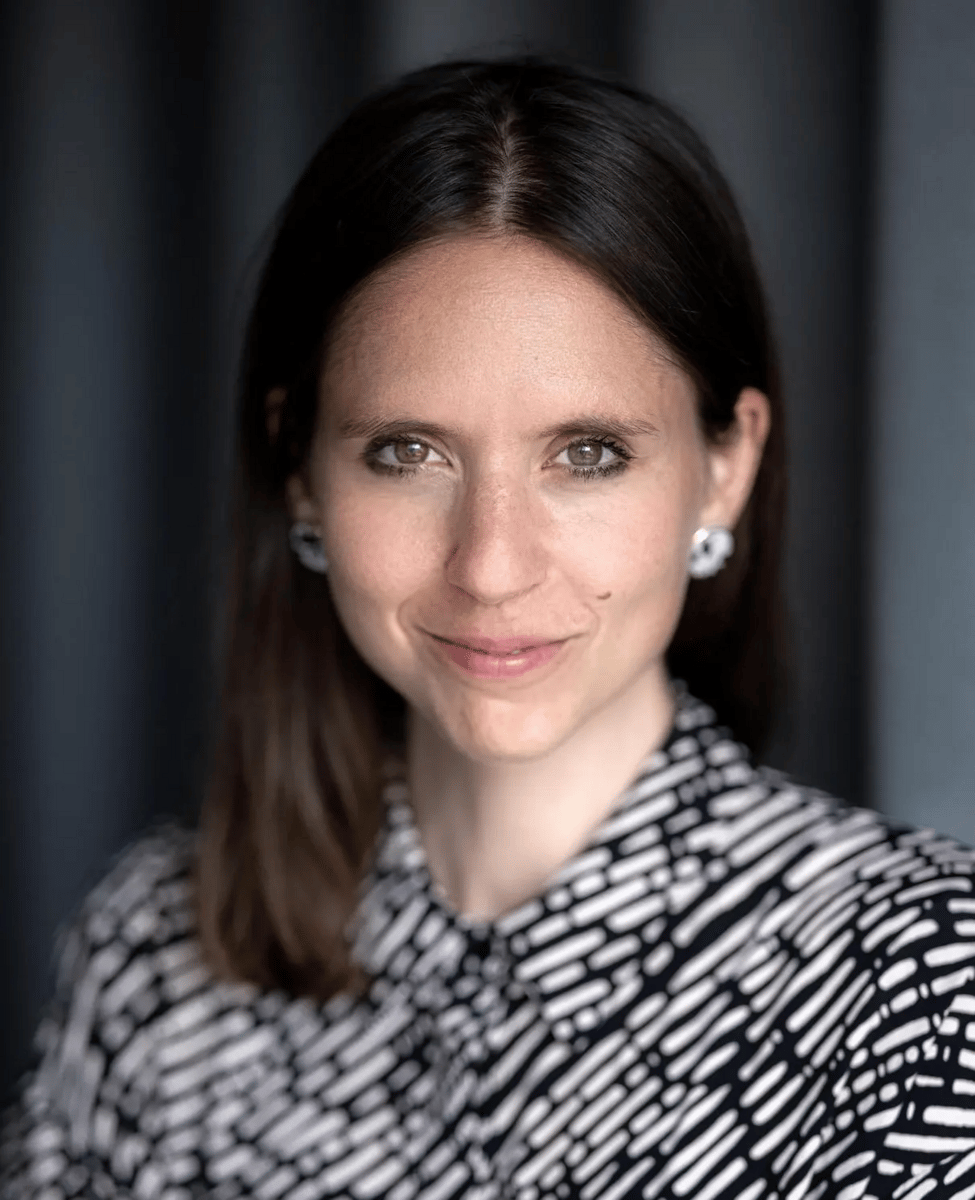Dear hustlers, founders, operators and visionaries,
Scaling a fintech startup is a different kind of experience. It isn’t just about great product design—it’s about navigating regulation, optimizing acquisition costs, and knowing when to build vs. partner up. Many founders rush to scale, only to face painful setbacks.
We spoke to Alex Emeshev this week, co-founder of Vivid Money. Alex and his team have an impressive journey behind them and he shares his lessons from scaling a fintech across Europe. We dive into the power of iterative testing in go-to-market strategy and how expanding into B2B banking required a whole new approach. It was a pleasure to hear Alex talk about the huge challenge of building a banking contender - enjoy! Exclusively for our newsletter subscribers, Alex has shared additional insights below.
In the meantime: Follow the Gradient and stay tuned!
PS: Has this e-mail been forwarded to you? Sign up here.
How to scale a banking disruptor
What you will get out of this episode
In our conversation, Alex shares:
How to test and iterate go-to-market strategies without overspending
The key factors to consider when expanding into new markets
Why owning your tech stack and licenses can be a game-changer in fintech
Lessons from expanding from B2C to B2B banking services
and much more!
Our main take away’s
Iterate before scaling – Test acquisition channels in small experiments before investing heavily, ensuring you can optimize costs and returns.
Owning infrastructure drives growth – Controlling your tech stack and regulatory licenses eliminates dependencies and allows for faster iteration and customer experience improvements.
B2B and B2C require different playbooks – B2B banking demands a more targeted, high-value approach to customer acquisition and support compared to B2C strategies.
Market expansion should be data-driven – Prioritize new markets based on organic demand, customer behavior, and local banking infrastructure needs.
How to reach Alex and learn more about Vivid Money
Exclusive from Alex
If you were starting Vivid Money today, what would you do differently, and why?
I would start by securing our own license before building the product. It takes time—maybe one or two years—but having full control over the customer experience from day one is crucial. Being dependent on external providers can create limitations that slow you down later.
What advice would you give to aspiring fintech founders looking to disrupt traditional banking models?
Be cautious about scaling too early. Ensure you have real product-market fit before investing heavily in growth. Focus on retention and customer experience, because in fintech, trust is everything. Also, don’t spend too much on marketing until you see clear, scalable results.
What is success for you?
Success is about building something that customers genuinely love and find valuable. It’s not just about growth—it’s about continuous improvement, solving real problems, and creating a product that evolves with customer needs.
What books, podcasts, articles inspired you?
Rather than one specific book, I’ve learned the most by observing fast-growing companies, understanding their strategies, and applying those lessons in practice. Studying successful fintech models, especially in different markets like Japan’s Rakuten Bank, has been incredibly valuable.
What’s one advice founders should actually ignore?
"Scale fast, at all costs." Scaling too early without solid product-market fit is a mistake. Growth should be measured and sustainable—if your customer experience isn’t strong, scaling will only amplify problems.

Follow the Gradient is a weekly newsletter and podcast by the serial founders Melanie Gabriel & Christian Woese about how to build a business in Europe while staying sane.










